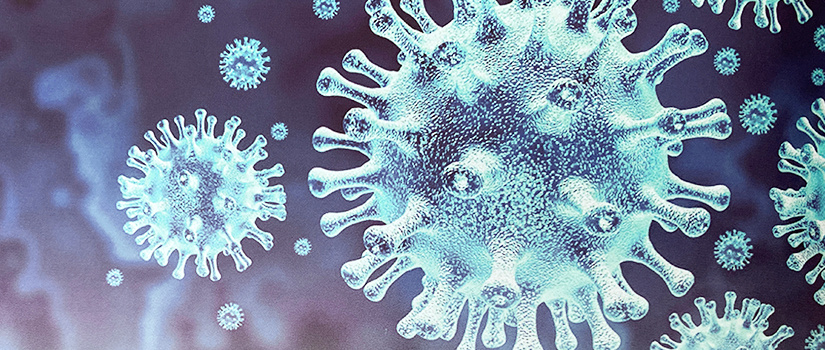Pandemic elevates role, highlights flexibility of pharmacists
The COVID-19 pandemic has brought many challenges across the health care profession, from doctors working diligently to diagnose and treat patients to researchers developing accurate and rapid testing.
The pandemic has also brought the role of the pharmacist to the forefront, as they work side by side with physicians and allied health professionals to determine the appropriate course of treatment and counsel patients on the best methods to protect themselves and their families. That role will continue to grow in importance as pharmacists are called upon for their contributions as health care providers.
We as pharmacists are now being asked to join the conversation rather than having to ask to join.
Julie Ann Justo, Pharm.D. Associate Professor
Julie Ann Justo, associate professor in the Department of Clinical Pharmacy and Outcomes Sciences at the University of South Carolina College of Pharmacy, specializes in infectious diseases. She has been working on the front lines of the pandemic, providing patient care and serving on national and statewide committees to consult on treatment guidelines and drug allocation councils for COVID-19 patients.
“Through this entire pandemic, we have tried to maintain consistency in our standards for patient care,” Justo says. “It strips away all the clutter and reveals what the job of a pharmacist truly is — to optimize medication management and minimize safety issues.
“We are using our skills to manage people’s fears and help maintain a high quality of care. It is important that we hold up good science when providing that care.”
Carl Dunn, 1985, is a part-time master instructor for the Kennedy Pharmacy Innovation Center within the College of Pharmacy. He has spent most of his career as a hospital pharmacist, with extensive experience in IV admixture and chemotherapy preparation.
With the onset of the pandemic, Dunn has noted that the role of the pharmacist has become more flexible.
“Teamwork with other pharmacists and communication with the public are even more important,” Dunn says. “I think the public has always seen us as the experts when it comes to their medicines, but I see them reaching out to us even more. Pharmacists have been underutilized in the past, but I think we will see a push for expanded roles in the hospital and the clinical setting.”
From the community pharmacy perspective, Greg Mayer, 1977, owner of Apothecare in Batesburg-Leesville, South Carolina, says he and his team have always focused on developing a close relationship with their customers and patients.
“Because we are in a more rural setting and have quite a few senior patients, they have always accepted us in that role of trusted health care provider,” Mayer says.
Mayer saw that his patients had many questions about the best ways to avoid contracting the novel coronavirus.
“We have third-generation family members who come to us because they respect the information that we provide. They have developed a confidence in our knowledge and our professionalism,” he says.
Kyle McHugh, 1995, is president of McHugh Pharmacy Group, with community pharmacies located across South Carolina, North Carolina and Georgia. He and Mayer both noticed changes to their business models, especially in how patients began ordering their medications.
“Because patients are trying to avoid going out as much, many have transitioned to ordering 90-day supplies of their medications,” McHugh says. “That means we have to anticipate staffing needs around those cycles.”
Both Mayer and McHugh also predict an expanded role for their pharmacies as pharmacists now have the capability to offer more in the way of vaccinations.
Because of the recent decrease in childhood immunizations attributed to the pandemic, the U.S. Department of Health and Human Services authorized state-licensed pharmacists to administer childhood vaccinations. This move provides patients with more options to protect the health of their children.
“Doctors have so much on them that they were more than happy for pharmacists to provide flu shots, and I think they’ll be just as happy for us to do childhood vaccinations,” McHugh says.
Pharmacists also have the ability to provide diagnostic testing, something McHugh is exploring as each of his pharmacies has received a Clinical Laboratory Improvement Amendment waiver. The waiver allows his pharmacists to conduct certain tests, such as for COVID-19, in addition to more common tests such as cholesterol, glucose, flu and strep, just to name a few.
Justo hopes the message that pharmacists are some of the most trusted health care providers will continue to spread.
“As pharmacists, we are well-positioned to not only provide care to our patients, but to also help guide the conversation on a national scale about medication efficacy and safety,” she says. “We as pharmacists are now being asked to join the conversation rather than having to ask to join.”
